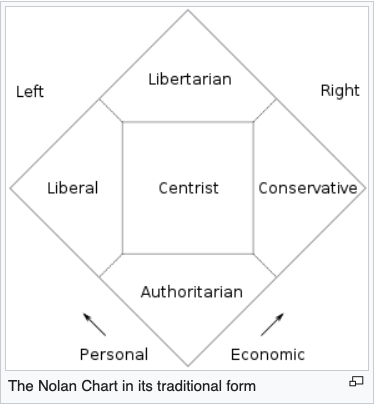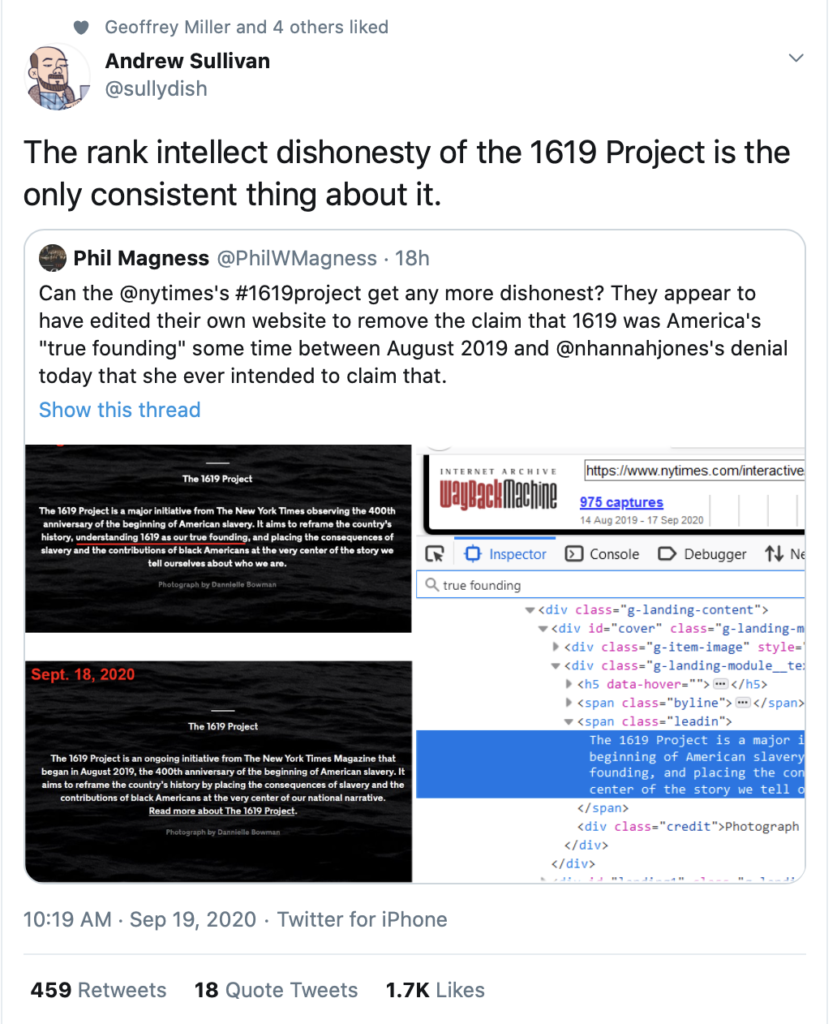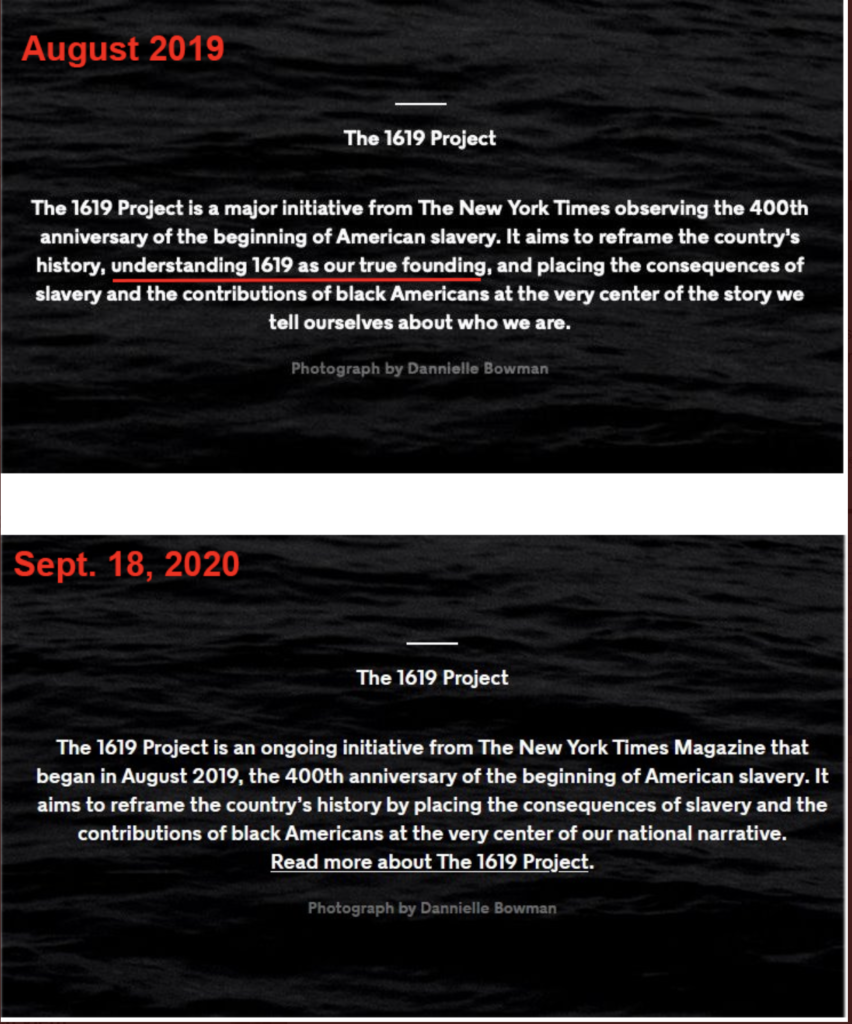We Love it That Two (Count’em) Two Cartoon Dimensions Pretend to Describe Complex Political, Racial and Economic Systems
When you last purchased a car or a phone, it was probably an important purchase for you, so you considered many aspects of the product, including cost, function, aesthetics, performance and many other things. When we deal with complex things, we are rightfully motivated to carefully consider many such dimensions. Most of us dig deep into these many factors before making such purchases. The same thing occurs when considering a long-term romantic partner. Most of us will consider dozens of factors before settling into such a relationship. In fact, if we failed to do such a careful analysis, our friends and family would consider us to be reckless. Complex issues demand complex and nuanced analyses.
We don’t use this same degree of care when it comes to evaluating the types of politics. Instead, we jam all the possibilities onto a one-dimension line containing endpoints of “left” and “right.” We do this despite the fact that people are complex and they fall into many dimensions of political attitudes. If you were to gather 100 random self-declared “Conservatives” into one room (or 100 “Liberals” or 100 “Libertarians”), you will have a rich diversity of thought, and you’d starkly see this, if only you take the time to get to know these people. For some reason, however, we are willing posit a simplistic binary single-line political analysis, despite the rich multi-dimensional complexity of political thought in the U.S. This lazy shortcut invites us to talk in cartoons. It invites us to talk about “those Conservatives” or “those Liberals” with hubris.

David Nolan is one of the many people who sensed a big problem with this left-right way of thinking. He offered a two-dimension chart that capture much more complexity: https://en.wikipedia.org/wiki/Nolan_Chart Many others have offered more nuanced (and I would argue, more accurate) ways to characterize political outlooks of our 300+ citizens, but the traditional and highly inaccurate one-dimensional (Left-Right) still dominates the political and journalistic landscape. We seem to prefer simplistic over accurate.
We’ve got the same problem with many other categorizations we blithely make. I resist categorizing people in terms of “race,” because long experience has proven to me that the way a person looks has very little to do with who they are. Using immutable physical traits as a proxy for one’s a stereotyped content of character often wildly inaccurate. When I evaluate a person for character, I consider many factors, dozens of dimensions, such as the “Big Five”:
• openness to experience (inventive/curious vs. consistent/cautious) • conscientiousness (efficient/organized vs. extravagant/careless) • extraversion (outgoing/energetic vs. solitary/reserved) • agreeableness (friendly/compassionate vs. challenging/callous) • neuroticism (sensitive/nervous vs. resilient/confident)
I consider manny other dimensions, including creativity, credibility, grit, acts of altruism, credibility and intelligence, and intelligence can be broken into many sub-categories. For instance, Psychologist Howard Gardner argues that there are multiple types of intelligence, such as:
- Musical-rhythmic and harmonic
- Visual-spatial
- Verbal-linguistic
- Logical-mathematical
- Bodily-kinesthetic
- Interpersonal
- Intrapersonal
- Naturalistic
- Existential
Gardner’s declaration that these are separate intelligences is controversy in psychological circles. That said, these traits that he describes are some of the things I consider when evaluating another person, regardless of any “race.”
There are dozens of other dimensions I might use when evaluating any other person, but many people are willing to divide other people into “white” and “Black,” as though this is a meaningful way to evaluate another person. Making these “racial” distinctions is as absurd as embracing astrology--using a person’s birthdate as a proxy that persons personal character. To me, it seems bizarre and absurd to divide people into colors. That said, I live in a country where far too many people are enthusiastically willing to judge each other on this single simplistic dimension of “white” verses “Black,” despite the fact that this binary is an even cruder measure than the American political spectrum because it’s not a spectrum at all. It is a switch that is flipped from “white” to “Black,” with nothing in between, even though millions of “inter-racial” people exist. What a bizarre stilted binary, on so many levels! How is it possible that this racialized way of dividing people has any intellectual or political traction in modern times?
Here’s another popular binary: socialism versus capitalism. Many people are content to jam complex economies into one of these two boxes despite the overwhelming complexities and nuances of all existing economies. As though libraries are not filled to the brim discussions of the complexities of every economic system, where not a single real life system is declared to be purely socialist or purely capitalist.
I’ve been thinking about these false and limited ways of thinking for a long time. I was reminded of this issue when listening to The Portal, Eric Weinstein’s excellent podcast on Schrodinger’s Cat and the false-binary ways the many people find acceptable for discussing numerous social issues.
Why are we so willing to self-limit the way we think about obviously complex issues? Is it laziness? Gullibility? Social Pressure? We urgently need to reconsider our willingness of categorizing these complex issues, because our one-dimension cartoons are poisoning our ability to talk with one another. This cartoon-talk is destroying our democracy.
Our willingness to think in terms of these cartoons would seem like an obvious problem for anyone willing to stop and think for even a few minutes, but many of us continue to embrace these cartoonish ways of thinking unabated, perhaps following the lead of our news media, social media and politicians. How can we convince people to stop and smell the nuance? How does one effectively declare that The Emperor has no Clothes in such an intransigent social environment?


